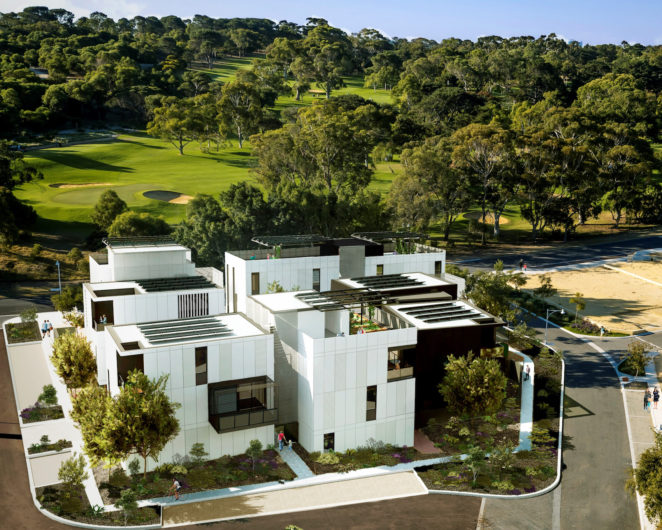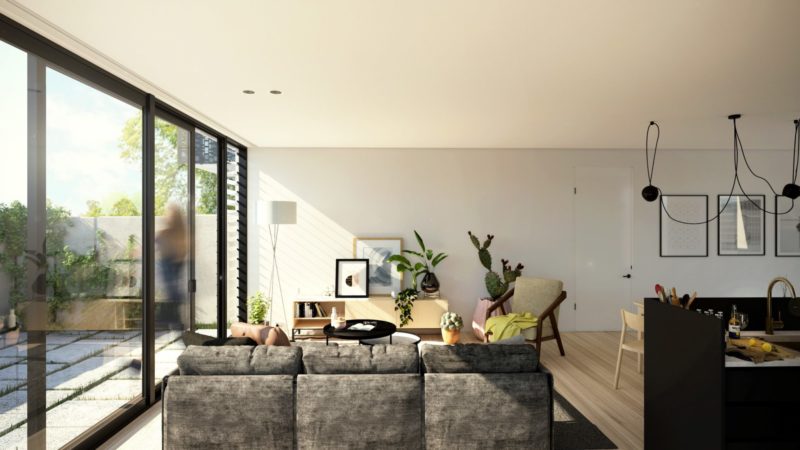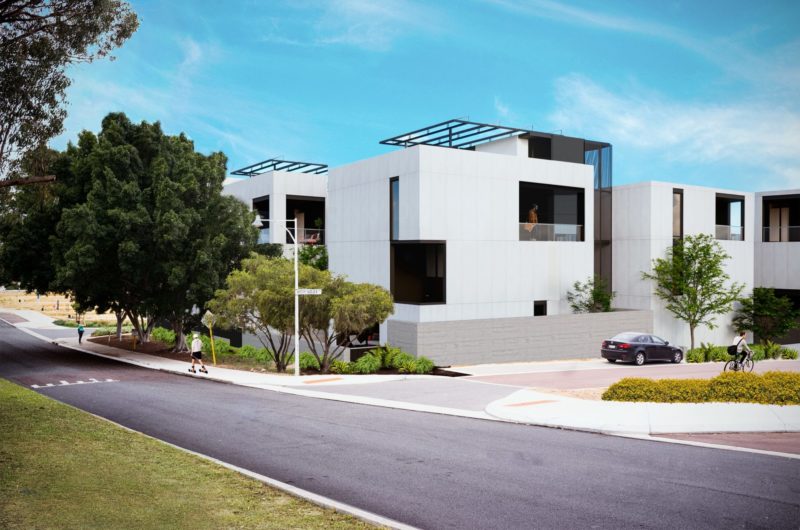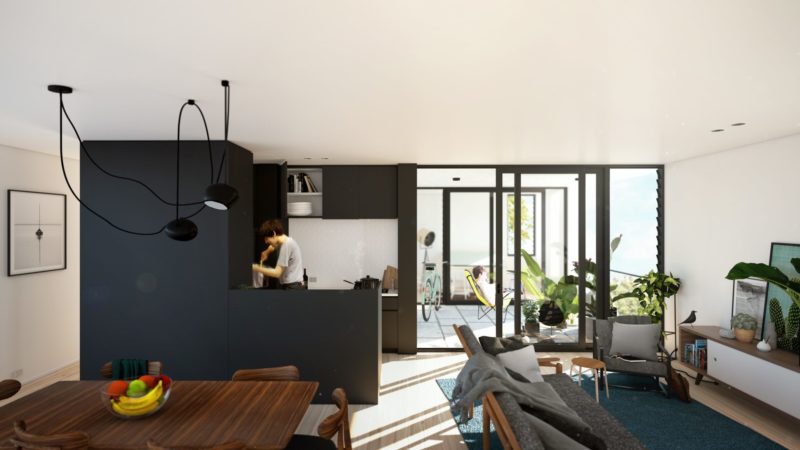Perth’s growing population initiates a new way of living with the design-focused, German cooperative housing model Baugruppen.
Baugruppen is what happens when the developer is removed from the project equation and replaced with a group of people. With a strong focus on community, affordability, design and sustainability, the cooperative housing project, delivered by LandCorp and the University of Western Australia is new to Perth.
Fremantle architect, Michael Patroni of spaceagency, says he was excited when project leader and professor of architecture at UWA, Geoffrey London, invited him to be part of the innovative project.
“As with the single house, the individual or family can contract a designer/builder: no developer; no marketing; no stamp duty on the build cost, and the design can be customised to suit – the Baugruppen concept aims to deliver the same with an apartment, but this of course adds to the dynamic of working with a group,” explains Michael Patroni. “This is an opportunity for us to be involved in an exciting new housing trend, that could advance the scope of available housing diversity and affordability, and as an architectural practice, to develop skills that may enable us to potentially self-generate projects in the future.”
The Baugruppen model will improve infill in medium density housing, in areas with amenity.
To utilise the 2,000sqm site at WGV at White Gum Valley, the apartments are designed to slot and stack on top of one another in any configuration. Apartments range from a studio to three-bedroom floor-plan and are designed to have no common walls. Michael says the absence of common walls is a positive attribute of the design. No shared walls mean quality noise separation and the opportunity for decent natural light and cross ventilation.
“The plan developed from responding to a number of site generated conditions, primarily being a street exposure on all sides,” he says. “Responding to all four street boundaries led to a plan characterised by a cluster of four buildings, each with a pair of apartments sharing an access core – a plan that has been described more like stacked houses rather than apartments.”
There will be up to 18 dwellings in the development, ranging from an affordable $260,000 to $700,000, and in a bid to get the first Baugruppen project off the group, everyone involved is working pro-bono.
“Accepting the offer to be involved in this pilot project necessitated an initial pro-bono involvement, however, it is the intention that once this first project is underway it will return to commercial terms,” says Michael. “Future projects will be able to take advantage of the intellectual property and experience the results from crafting this very first one in Australia.”
Baugruppen http://www.baugruppen.com.au




